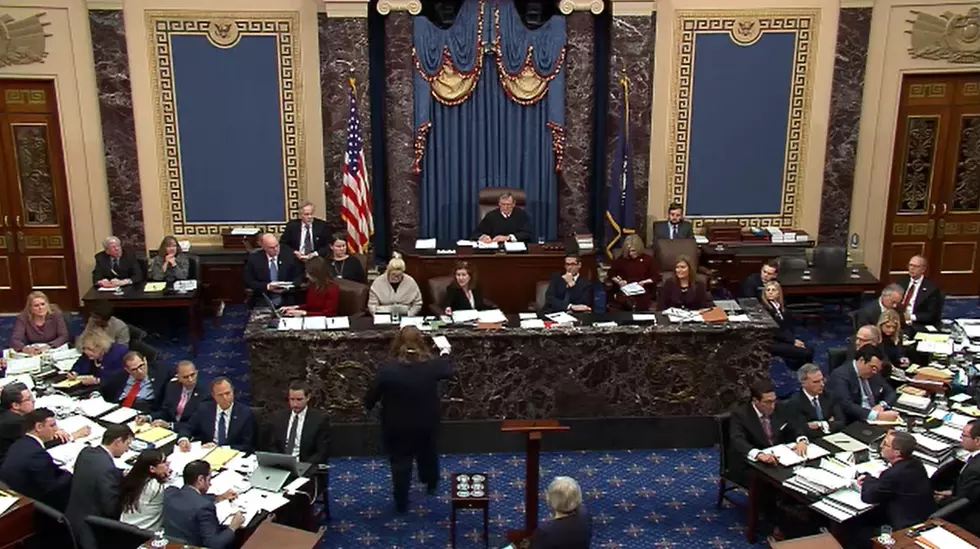
Impeachment Can Still Take Place After You Leave Office

The United States House of Representatives have introduced an Article of Impeachment against President Donald Trump as a result of the attack on the US Capitol last week. The Article of Impeachment carries just one charge, Incitement of Insurrection.
However, the process to impeach President Trump appears to be running against the clock. The President's term concludes on January 20th, which may not allow the House to vote on the Article of Impeachment, and for the Senate to hold a trial. There are some who believe that there could be some rarely used procedural maneuvers that could force the Senate into session earlier than they intend to, or to get votes cast faster than planned, but none of that appears to have much merit.
This leaves many to believe that if the Senate cannot hold a trial before noon on January 20th, than there's no longer a chance for Impeachment. But that's not exactly true.
There is precedent in the United States Senate to hold an Impeachment trial after the individual in question has left their office.
In 1876, United States Secretary of War William W. Belknap was embroiled in multiple scandals. The main issue that led to his resignation from office was the Trader Post Scandal, where Belknap and his wives received kickbacks through a monopoly he helped create in Oklahoma. Belknap used his power and influence to create traderships on former Native American land, and forced soldiers stationed in the area to buy from Belknap's approved traders at higher prices. This forced many soldiers into continued poverty, and helped make Belknap rich.
When Belknap was discovered, a Congressional investigation was launched. By the time Belknap realized he had been found out, he knew Impeachment was coming. He quickly rushed to the White House, to deliver his resignation to President Ulysses S. Grant.
Belknap gave his resignation to President Grant at 11am on March 2nd, 1876, but that didn't stop the US House from voting on his Impeachment that day, and forwarding the approved Impeachment to the Senate.
By May of that year, the Senate had decided that they were still able to Impeach Belknap, even thought he was now a private citizen. This could be important, because often government officials retain pensions, travel allowances, and access reserved for former officials. The effort to Impeach still mattered to Congress in 1876.
The trial in the Senate brought strong evidence of Belknap's crimes, and a majority of Senators voted to convict him. However the Senate did not generate a 2/3 guilty vote, so Belknap was not convicted.
Even thought Belknap was not convicted by the Senate in 1876, they created a precedent, establishing that the United States Congress can Impeach and official even after they leave office.
Read More: Celebrities Arrested in Shreveport
More From KKTX FM









